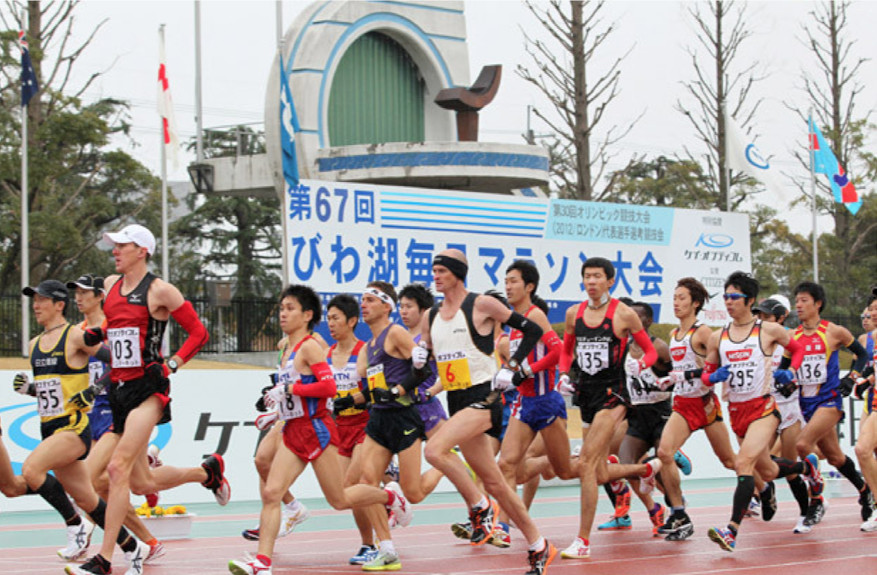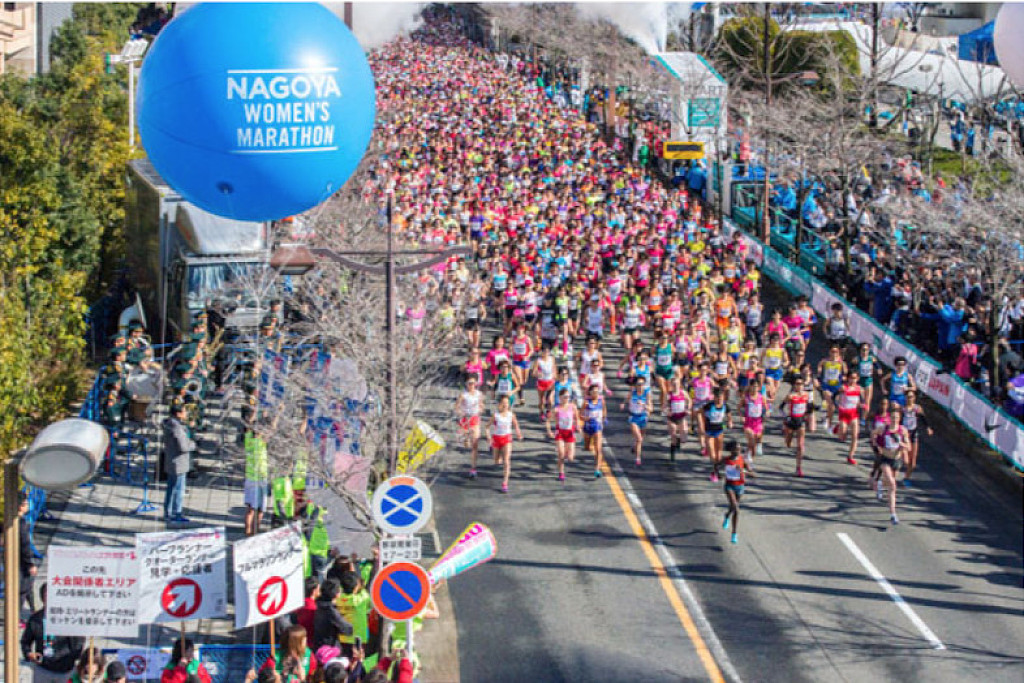Running News Daily
Running News Daily is edited by Bob Anderson. Send your news items to bob@mybestruns.com Advertising opportunities available. Train the Kenyan Way at KATA Kenya and Portugal owned and operated by Bob Anderson. Be sure to catch our movie A Long Run the movie KATA Running Camps and KATA Potato Farms - 31 now open in Kenya! https://kata.ke/
Index to Daily Posts · Sign Up For Updates · Run The World Feed
Japanese study finds just two COVID-19 cases out of 1,118 running events
In November, the Japanese Association of Athletics Federations (JAAF) released a study looking at the link between in-person running events and COVID-19 cases. At the time, the study focused on 787 races held in Japan between July and October, and just one COVID-19 case was found. The JAAF has continued with this research, and as Japan Running News (JRN) reports, the numbers are still incredibly low, and while the study now includes 1,118 races, only one other COVID-19 case has been linked to a running event, bringing the total to two.
The updated JAAF study expanded its scope to look at races held between April 1 of last year and March 31, 2021. This added many more races to the study, with a total of 1,044 track meets and 74 road races covered. These 1,118 events featured 750,389 participants (including runners and race officials), two of whom tested positive for COVID-19 within two weeks of the races they attended.

Track races accounted for most of the race participants in the year-long study period, with 568,271 runners and 147,942 officials. Of that group, one person tested positive for COVID-19. The other positive case came from one of Japan’s road races, which collectively hosted 25,936 runners and 8,240 officials.
An important note in the study is that more than half of these races did not allow spectators. There were some races that allowed fans, but most didn’t, which likely helped keep COVID-19 cases down. JRN adds that vaccinations only began in mid-April in Japan, meaning the study was in no way influenced by the vaccines’ effects.
This study is good news for the International Olympic Committee and athletes worldwide hoping to compete at the upcoming Tokyo Games, as it helps to show that sporting events (or running races, at least) can be run safely during a pandemic without becoming super-spreader events. Of course, the Olympics will be a much bigger affair than any of the races included in the study, but the JAAF’s findings are still reason to be hopeful.
by Running Magazine
Login to leave a comment




